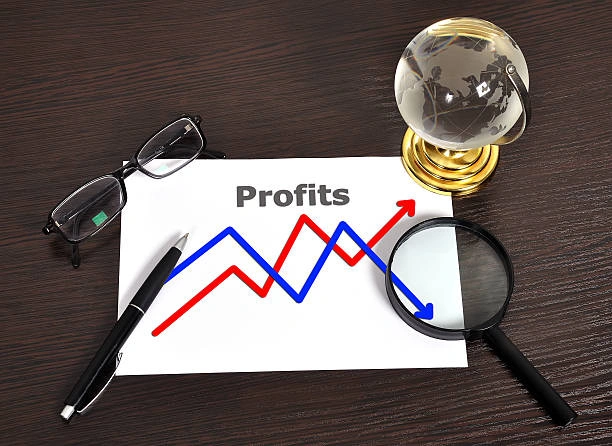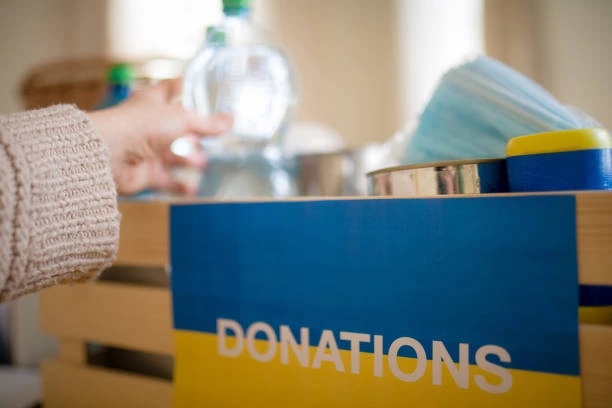Course Overview:
This course offers a unique opportunity to develop the skills necessary for advancing development initiatives through a robust and comprehensive MEAL approach. It will be particularly beneficial for development professionals, project managers, and M&E specialists aiming to improve project effectiveness and accountability.
Participants will develop a holistic grasp of how MEAL systems integrate with project management cycles to track progress, measure impact, and provide valuable insights that inform decision-making. With a focus on hands-on learning, the course offers practical tools and methodologies for establishing MEAL systems that are responsive and adaptable to changing project environments. By fostering data-driven project management, participants will be empowered to enhance project performance while ensuring that accountability to stakeholders, including donors and beneficiaries, is maintained.
Duration
10 Days
Who Should Attend
- Program/project managers and officers
- Monitoring and Evaluation (M&E) specialists
- Development practitioners
- Donor agency staff
- Humanitarian workers
- Research professionals involved in development programs
- Government officials involved in project planning and execution
- NGO staff responsible for accountability and learning systems
- Professionals seeking to deepen their MEAL skills for career advancement
Course Objectives
By the end of this course, participants will be able to:
- Understand the fundamental principles of MEAL and its role in development and humanitarian projects.
- Design and implement effective MEAL frameworks and systems for project management.
- Develop appropriate indicators for monitoring and evaluation based on project objectives.
- Collect and analyze quantitative and qualitative data using MEAL tools.
- Create accountability systems that ensure transparency, stakeholder involvement, and ethical standards.
- Integrate learning into program development to enhance future project planning and execution.
- Conduct impact evaluations and produce evidence-based reports for decision-making and project improvement.
- Build sustainable MEAL systems that support adaptive management and continuous improvement.
Module 1: Introduction to MEAL
- Overview of MEAL: Concepts and Components
- The Role of MEAL in Project Management
- Importance of Accountability and Learning in Development Programs
- Case Studies in Successful MEAL Implementation
Module 2: Designing a MEAL System
- Key Elements of a MEAL Framework
- Developing Theories of Change and Logical Frameworks (Logframes)
- MEAL Planning: Setting Goals, Objectives, and Indicators
- Aligning MEAL Systems with Donor Requirements
Module 3: Monitoring in MEAL
- Designing Effective Monitoring Plans
- Selecting and Developing Monitoring Indicators
- Data Collection Methods for Monitoring (Surveys, Focus Groups, Observations)
- Real-time Monitoring and Data Use for Decision Making
Module 4: Evaluation Techniques
- Types of Evaluation: Formative, Summative, Impact
- Designing Evaluation Plans and Terms of Reference (ToRs)
- Qualitative and Quantitative Evaluation Methods
- Best Practices in Conducting Impact Evaluations
Module 5: Accountability in MEAL
- Defining Accountability in Development Projects
- Establishing Stakeholder Feedback Mechanisms
- Ethical Standards in Accountability Systems
- Case Studies: Enhancing Accountability in Projects
Module 6: Data Management and Analysis
- Data Collection Tools and Techniques
- Managing and Analyzing Data for MEAL Purposes
- Using Technology in MEAL (e.g., Mobile Data Collection, GIS Tools)
- Data Visualization and Reporting
Module 7: Learning in MEAL
- Creating a Culture of Learning within Organizations
- Incorporating Learning into Program Design and Implementation
- Using MEAL Data to Inform Strategic Decisions
- Knowledge Management and Learning Approaches
Module 8: Reporting and Communication
- Writing Effective MEAL Reports for Stakeholders
- Visualizing Data for MEAL Reports and Presentations
- Disseminating MEAL Findings to Different Audiences
- Case Studies: Best Practices in MEAL Reporting
Module 9: Adaptive Management through MEAL
- Adaptive Management: Concepts and Importance
- Using MEAL for Responsive and Flexible Programming
- Case Studies: Successful Adaptive Management through MEAL Systems
- Practical Session: Real-Time Project Adaptation
Module 10: MEAL System Sustainability and Best Practices
- Building Sustainable MEAL Systems in Organizations
- Capacity Building for MEAL Staff and Teams
- MEAL Best Practices and Emerging Trends
- Designing a MEAL System for a Sample Project
- Course Review and Final Q&A Session
Customized Training
This training can be tailored to your institution needs and delivered at a location of your choice upon request.
Requirements
Participants need to be proficient in English.
Training Fee
The fee covers tuition, training materials, refreshments, lunch, and study visits. Participants are responsible for their own travel, visa, insurance, and personal expenses.
Certification
A certificate from Ideal Sense & Workplace Solutions is awarded upon successful completion.
Accommodation
Accommodation can be arranged upon request. Contact via email for reservations.
Payment
Payment should be made before the training starts, with proof of payment sent to outreach@idealsense.org.
For further inquiries, please contact us on details below:






